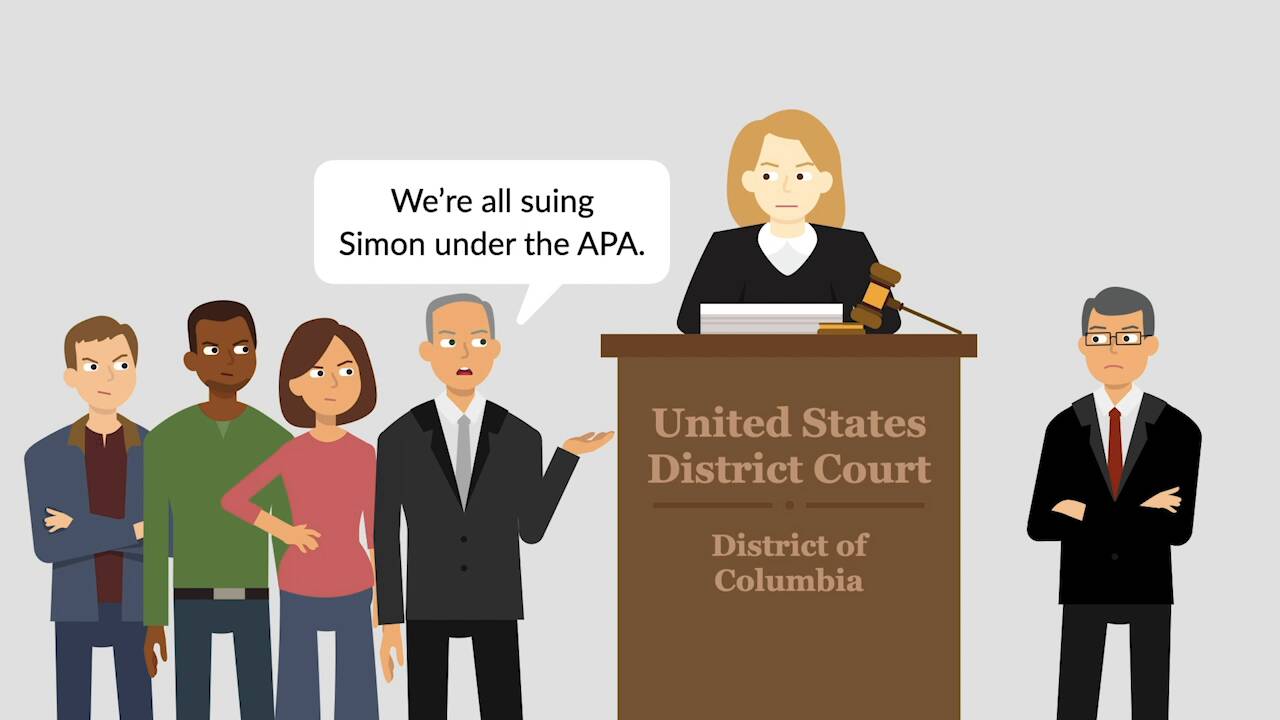Simon v eastern kentucky welfare rights – Simon v. Eastern Kentucky Welfare Rights, a pivotal legal battle, has profoundly shaped the landscape of welfare policy in the United States. This case, decided by the Supreme Court in 1968, challenged the constitutionality of welfare residency requirements, setting a precedent that continues to resonate today.
The plaintiffs, a group of welfare recipients from Eastern Kentucky, argued that residency requirements violated the Equal Protection Clause of the Fourteenth Amendment. They contended that these requirements discriminated against poor people who were more likely to move in search of work or better living conditions.
Overview of the Case: Simon V Eastern Kentucky Welfare Rights

The Simon v. Eastern Kentucky Welfare Rights case was a landmark Supreme Court decision issued in 1975 that challenged the constitutionality of Kentucky’s welfare residency requirement. The plaintiffs, a group of welfare recipients, argued that the requirement violated the Equal Protection Clause of the Fourteenth Amendment by discriminating against non-residents.
The state of Kentucky argued that the residency requirement was necessary to protect its limited welfare resources and to deter welfare fraud. The Supreme Court, however, ruled in favor of the plaintiffs, holding that the residency requirement violated the Equal Protection Clause because it was not rationally related to any legitimate government interest.
Legal Framework
The Supreme Court’s decision in Simon v. Eastern Kentucky Welfare Rights was based on the Equal Protection Clause of the Fourteenth Amendment. The Equal Protection Clause prohibits states from denying any person within their jurisdiction the equal protection of the laws.
In order to pass constitutional muster, a state law that creates a classification must be rationally related to a legitimate government interest. In Simon, the Supreme Court held that Kentucky’s residency requirement failed this test because it was not rationally related to any legitimate government interest.
Impact on Welfare Policy
The Simon v. Eastern Kentucky Welfare Rights decision had a significant impact on welfare policy in the United States. The decision led to the elimination of residency requirements for welfare benefits in all states.
The decision also had a broader impact on the way that states design and implement welfare programs. The decision made it clear that states cannot use welfare programs to discriminate against non-residents or other vulnerable populations.
Social and Economic Implications
The Simon v. Eastern Kentucky Welfare Rights decision had a significant impact on the lives of welfare recipients. The decision made it easier for people to access welfare benefits, which helped to reduce poverty and improve the lives of families.
The decision also had a broader impact on poverty and inequality in the United States. The decision made it clear that the government has a responsibility to provide assistance to those in need, regardless of their place of residence.
Contemporary Relevance, Simon v eastern kentucky welfare rights
The Simon v. Eastern Kentucky Welfare Rights case remains relevant today in the context of modern welfare policy debates. The case continues to shape discussions about poverty, social justice, and the role of government.
The case is a reminder that the government has a responsibility to provide assistance to those in need, regardless of their place of residence. The case also shows that the Equal Protection Clause is a powerful tool that can be used to challenge laws that discriminate against vulnerable populations.
Clarifying Questions
What was the main issue in Simon v. Eastern Kentucky Welfare Rights?
The main issue was whether welfare residency requirements violated the Equal Protection Clause of the Fourteenth Amendment.
How did the Supreme Court rule in Simon v. Eastern Kentucky Welfare Rights?
The Supreme Court ruled that welfare residency requirements were unconstitutional.
What was the impact of the Simon v. Eastern Kentucky Welfare Rights decision?
The decision helped to protect the rights of the poor and contributed to a more equitable distribution of welfare benefits.

